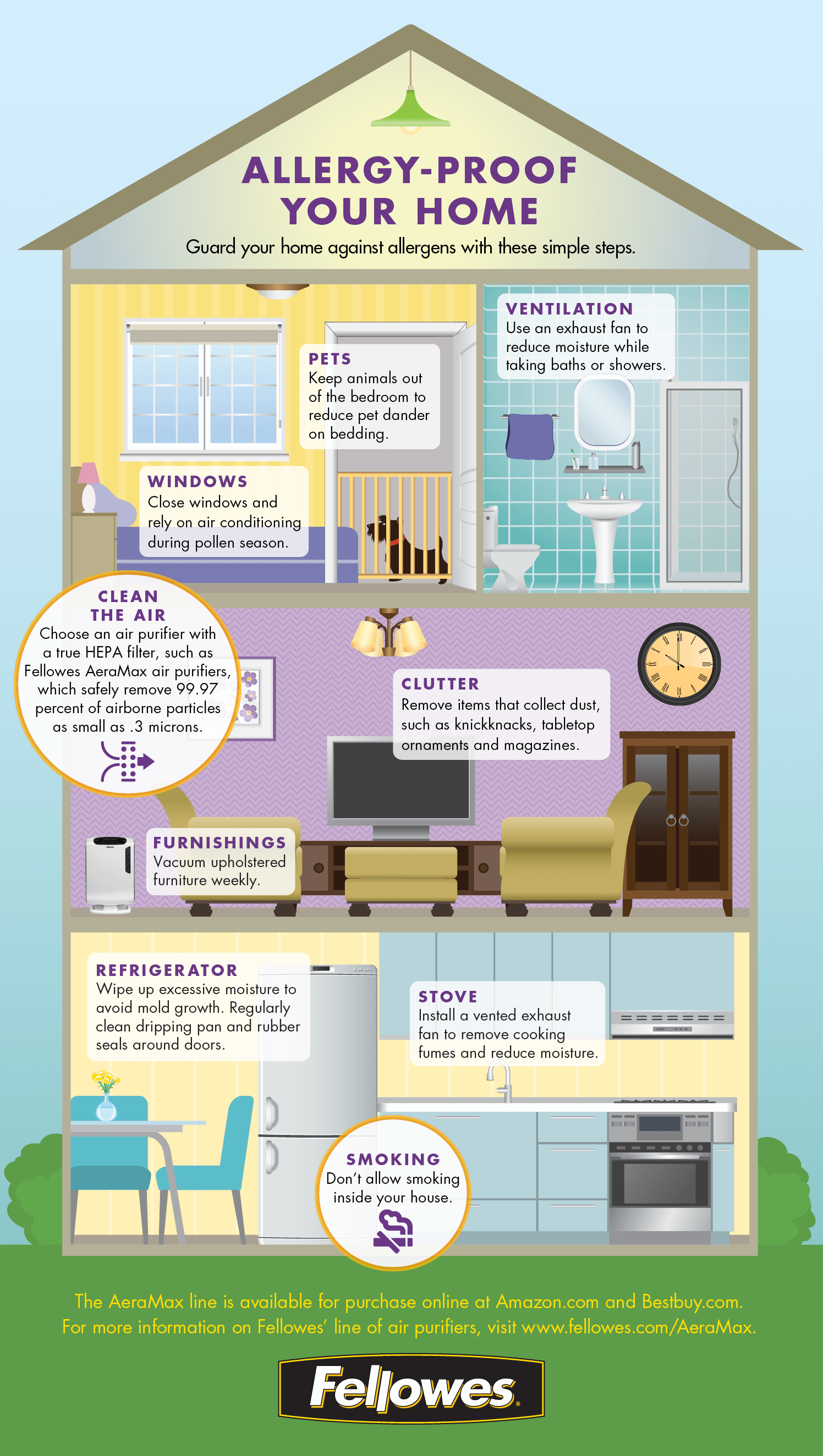Heatpump Vs Heating System - Which Is The Better Heating Option For Your Home?
Heatpump Vs Heating System - Which Is The Better Heating Option For Your Home?
Blog Article
Content Created By-Rosenthal Mosegaard
Many house owners recognize with heaters, which heat homes with oil or gas and press hot air through ductwork. They are relatively economical and can provide dependable home heating also during a winter months power blackout.
However, they utilize fossil fuels and generate carbon monoxide and other air pollution. They likewise aren't as energy-efficient as a high-efficiency heat pump.
Cost
Normally, heatpump are more affordable to run than heaters. They generally utilize electricity and refrigerant to essence warmth from outdoor air, and after that move it into your home. You can make the most of more affordable power rates during off-peak hours to further reduce your home heating expenses.
Unlike heatpump, gas or wood-burning heaters utilize combustion to create heat, emitting flue gases right into the atmosphere that can be unsafe to your health and wellness. These heaters are likewise less energy-efficient than heat pumps, and their greater operating costs can build up over time.
Furnaces are more complicated than heatpump and need routine maintenance to ensure the correct feature of all components. Despite this, they have a tendency to last longer than heatpump with a normal life expectancy of twenty years or even more. Nonetheless, just click the next website 'll need to consider the expense of gas, fuel oil or wood and the extra equipment required for installment and procedure such as air ducts and air flow systems.
Energy Efficiency
Heat pumps have a greater energy effectiveness rating than furnaces. These systems utilize electrical energy to scavenge warm from the air, even in freezing temperatures. They can likewise get rid of excess warmth from the home throughout warmer months and recycle it to cool down the system. Service provider specialists can aid you figure out the very best design for your home based on environment and resource power expenses.
Heaters melt gas oil, propane, natural gas or other types of nonrenewable fuel source to warm the air in the home. This air is then spread via ductwork using a big follower. Furnaces generate greenhouse gases and require normal upkeep and tools upgrades to ensure secure procedure.
The largest benefit of a furnace is that it can be run even in rough winter conditions since it does not rely upon exterior temperatures to warm the air. Heating systems also have a longer life expectancy than heat pumps and commonly last 15 years. They can likewise be paired with double fuel options, which select one of the most reliable heating alternative based upon the weather.
Environment
Heat pumps work well in modest environments and use much less source power than heating systems. However, if your area is exceptionally chilly, you may need to buy a conventional gas furnace instead.
Heaters supply cozy, comfortable heat and usually use fast home heating to increase interior temperature levels. These systems can be made use of with a selection of gas kinds, including natural gas, lp, oil or electricity.
They consume a lot more power than heat pumps-- as much as 3x as much-- and call for ductwork that's expensive to set up or retrofit. They're also much more expensive to maintain, as they can create air top quality issues and generate greenhouse gas exhausts.
If you're committed to reducing your carbon footprint, a heat pump is a good choice for your home. They have less greenhouse gas exhausts than heaters, specifically if you choose a power CELEBRITY ® heat pump. Your neighborhood Provider expert can clarify the differences between these 2 heating systems and aid you make the very best decision for your unique requirements.
simply click the following site can be very power efficient when powered by natural gas, propane or oil, but they aren't as energy effective as heatpump in icy environments. They can additionally be much more costly to install, calling for gas lines and ventilation systems.
Nevertheless, heating systems tend to need less upkeep, which can result in lower recurring costs. They produce less greenhouse gases and are more dependable than heat pumps throughout severe climate.
Electric heat pumps are much more flexible in developing indoor comfort because they can additionally act as air conditioners throughout warmer months. dc heat pump can be easier to keep, calling for just normal air filter changes and periodic vacuuming.
If you favor the ease of a solitary system that does it all, consider a hybrid heating solution that pairs a heating system with an electric heat pump. These systems can automatically change in between both heating options based upon your home's needs and temperature problems, optimizing effectiveness and financial savings.